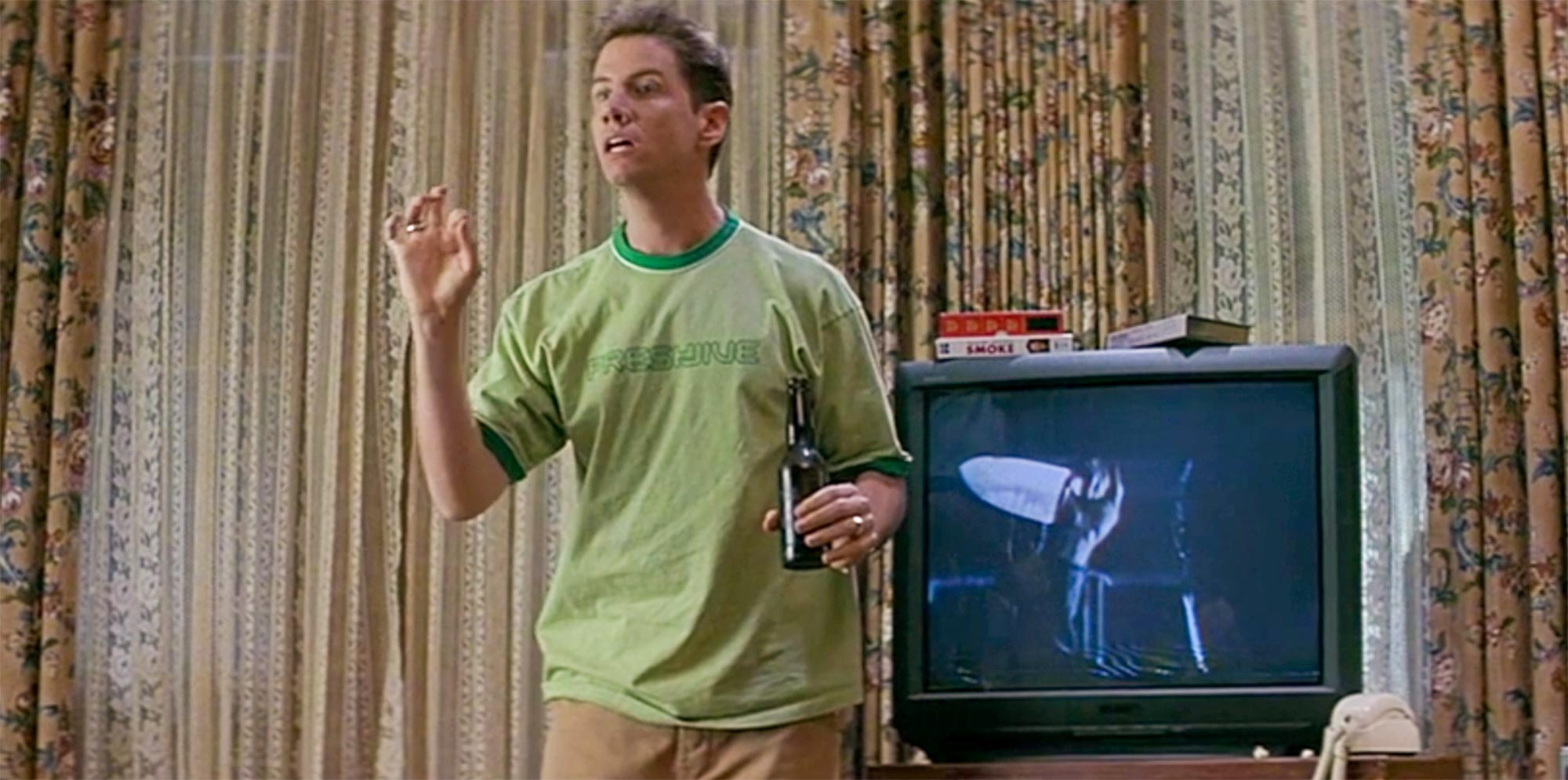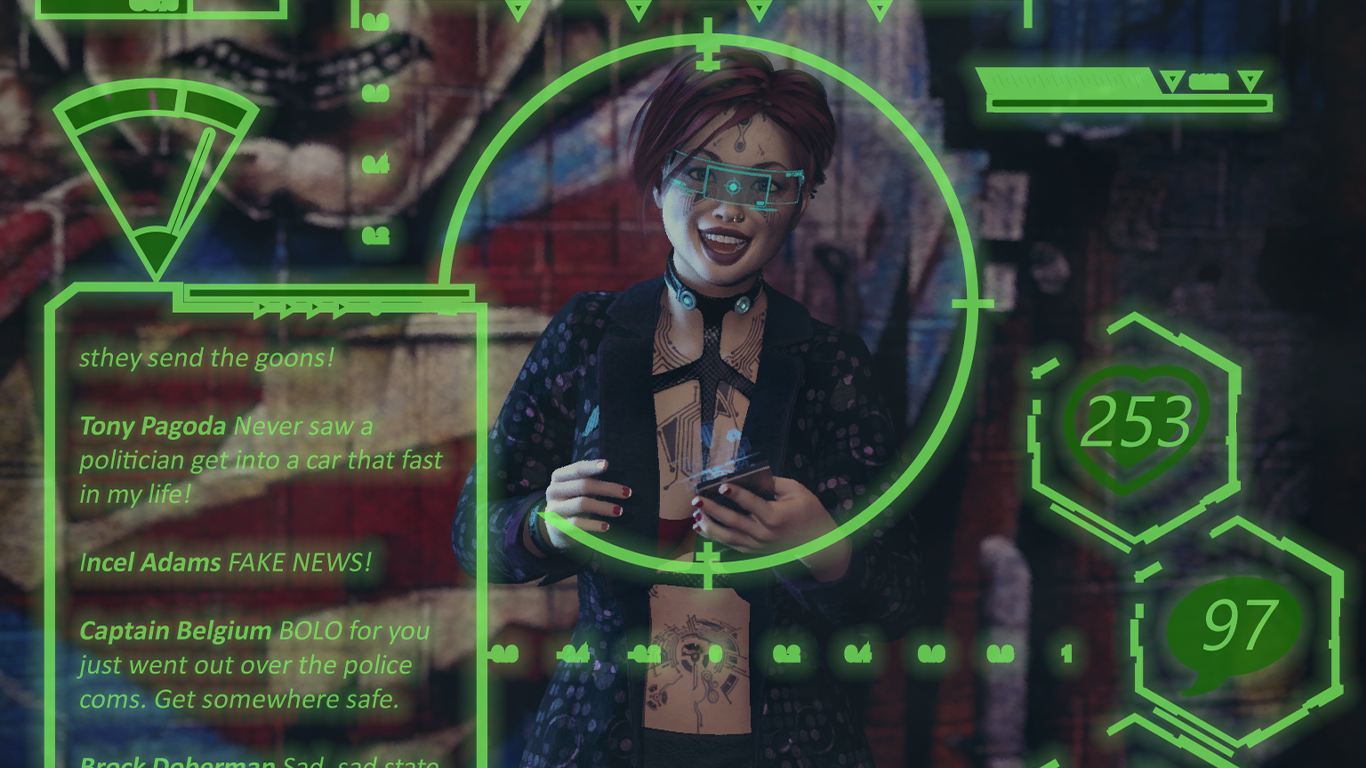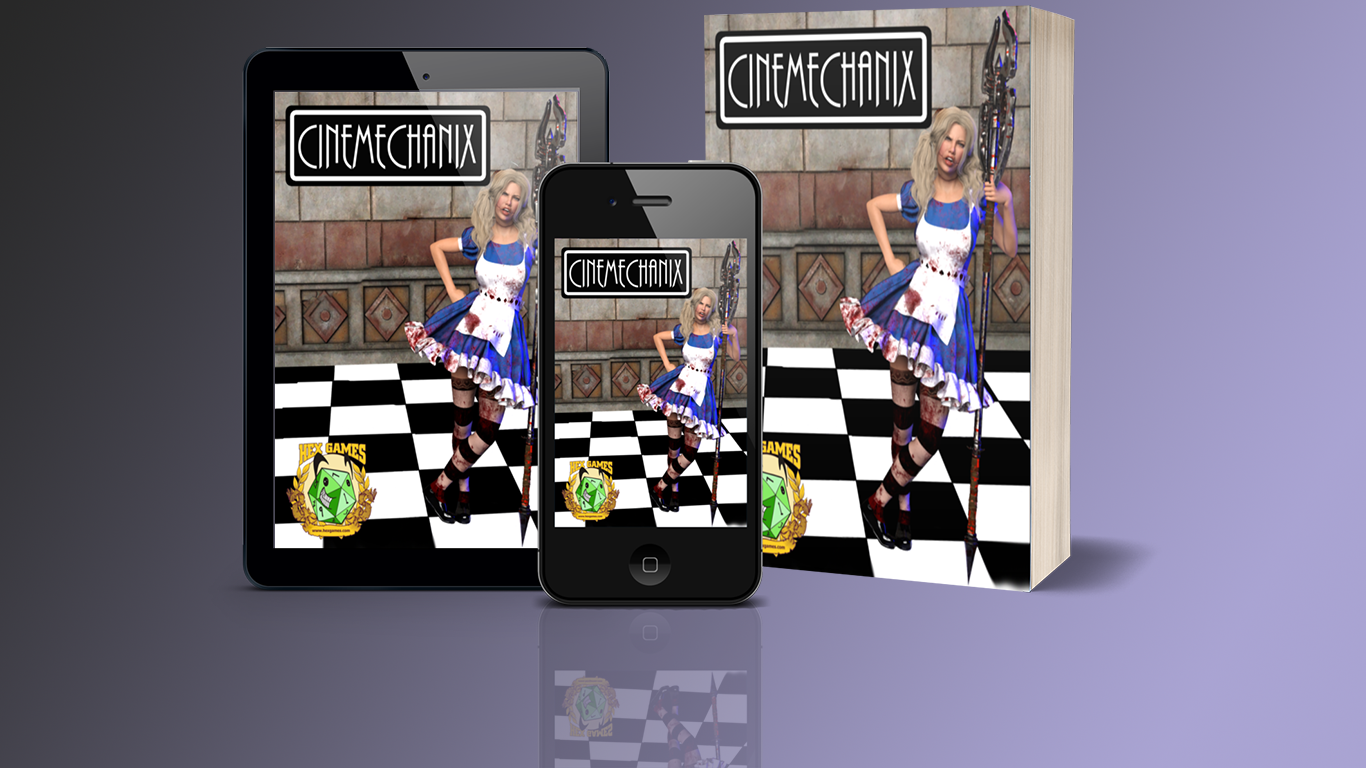We may earn money or products from the companies mentioned in this post.
Hey kids! Did you know there are still some openings for the Cinemechanix games I’m running at GenCon this year? Guardians of Shymeria is sold out, but the other 3 still have some seats left. If you’re going to be at GenCon and want to see how the Cinemechanix system plays, buy your ticket today! If you’re not going to be at GenCon, you can still kick the tires on the system by joining the Cinemechanix playtest group on Facebook.
But enough shameless promotion. Last week I told you that this week I was going to go into “The Rules” of the Guardians of Shymeria ficton. I lied, because I am a lying liar. As I was getting ready to dive into the next section of the campaign design walk-through, I realized that it would be helpful to explain what I mean when I say The Rules and that the explanation is kind of lengthy. So I decided that I’d break it up into two posts. This week I’m going to talk about cliches and tropes, which are central to a lot of The Rules, at least in the context of Cinemechanix. Next week we’ll get back to Shymeria and talk about The Rules for that particular ficton.
Before I start, a disclaimer: These are my own observations and definitions as a reasonably average nerd. Literary types who think about this kind of thing for a living and hardcore geeks who spend all their time arguing about stuff like this on reddit could probably point out all kinds of errors in my thinking here, but I don’t care. Since Cinemechanix is my game, I am both the target audience and the point of view character, so my opinion is what matters. In the words of George Carlin, “These are my rules. I make ‘em up.”
When I was growing up, we called the things you see over and over again in genre fiction “cliches,” and they were generally considered bad. Then the 90s happened and even people who weren’t taking the class where you read Watchmen started using words like “metafiction” and “deconstructionism” and “postmodernism.” Cliches were still generally considered bad, but now they could sometimes be brilliant. The only way to know for sure which was which was to take that class where they read Watchman or to talk to someone who took that class. Neither of those was an especially appealing option (even if you threw in drugs and alcohol), so we had to either fake it or work it out for ourselves from context clues.
In 1996, Wes Craven (who had previously played the metafiction game hard and with great results with New Nightmare) introduced us to the idea of The Rules in Scream. A lot of The Rules that Randy talked about in the movie, like “Never say ‘I’ll be right back’ because you won’t,” are your basic cliches. You can live without them, and making them too obvious can make the story seem stupid. But there were also rules, like “the killer always comes back for one last scare,” that are necessary to make the story work. Even though Sidney immediately short-circuits this rule with a bullet to Billy’s brain, Billy still technically comes back for that last scare. Billy had to in this case because it was kind of the punchline, but even if you cut Randy’s line about the killer coming back, he still has to come back.
If your horror movie slasher dies the first time, the audience isn’t going to praise you for brilliantly avoided a genre cliche. They’re more likely to feel like the ending was rushed or missing something without being able to pinpoint the problem. Likewise, most audiences who are watching a movie that doesn’t highlight the cliche probably aren’t going to recognize the monster returning for one last scare as a cliche. It’s such a fundamental expectation of the genre that we don’t recognize it as a cliche until somebody points it out. And even after we know it’s a cliche, things just don’t quite feel right without it. Some of these necessary cliches, like teens gathering in a remote house for sex and drugs (the two things guaranteed to turn them into slasher bait), happen in Scream with little or no self-aware commentary from the characters. Craven mainly used them to make the story work.
Sometime after the birth of the internet (and especially in the last decade or so), people started to talk about “tropes.” The word is sometimes used interchangeably with “cliche,” and both refer to recurring elements in genre fiction, but tropes are generally considered more respectable than cliches. Tropes are are what I’ve been calling the “necessary cliches” in the last few paragraphs. They’re the recurring elements that storytellers arrange together to create genre fiction. You can think of a cliche as a “bad trope” that’s been so overused that it’s lost its value (kind of like a tired metaphor), but I think it’s more accurate to define a cliche as a particular expression of a trope that’s been overused. Using these definitions, the cop who works outside the system to solve the case is a trope. The scene where the cop who works outside the system hands over his badge and gun to a screaming superior officer is a cliche.
While The Rules for a Cinemechanix ficton can contain facts about the setting (There are 3 Moons, one for each school of magic) and bits of flavor (Big Kahuna Burger is America’s most popular fast food chain), and anything else the GM wants to include, most of The Rules are basically tropes. Some Rules simply state a well-known trope that applies to the ficton (“The good guys always win”). Others describe (usually indirectly) how a trope expresses itself in this particular ficton. For example, the “Bullets can’t kill important characters” Rule for a Sin City game could be considered an expression of the “Toxic Masculinity is Awesome” trope that shows up throughout noir fiction (and Frank Miller’s work).
How you use tropes and cliches in the game can have a huge effect on the tone and mood of your game. Playing up cliches really only works if you’re going for humor. If you focus on tropes, you’ll end up with more straightforward genre fiction, but your level of success depends on how effectively you use them. Good genre fiction uses tropes so effectively that the audience either doesn’t recognize them or doesn’t mind them. In bad genre fiction, the tropes are obvious and tend toward the cliched. If the players are intentionally creating bad genre fiction while pretending that they’re not, you’ve got camp.
If you want to get into Satire and that stuff from the class where they read Watchmen, you use both tropes and cliches (often subversively) as tools in a way that provides some commentary on the genre, but you’re also generally expected to also use tropes in a way that makes the story succeed as an example of the genre. Scary Movie is a parody; it points out what’s dumb about horror movies but is not a horror movie. Scream is satire; it points out what’s dumb about horror movies, but it’s also provides everything you want from a good horror movie.
Next week, we’ll hash out The Rules for Guardians of Shymeria.





